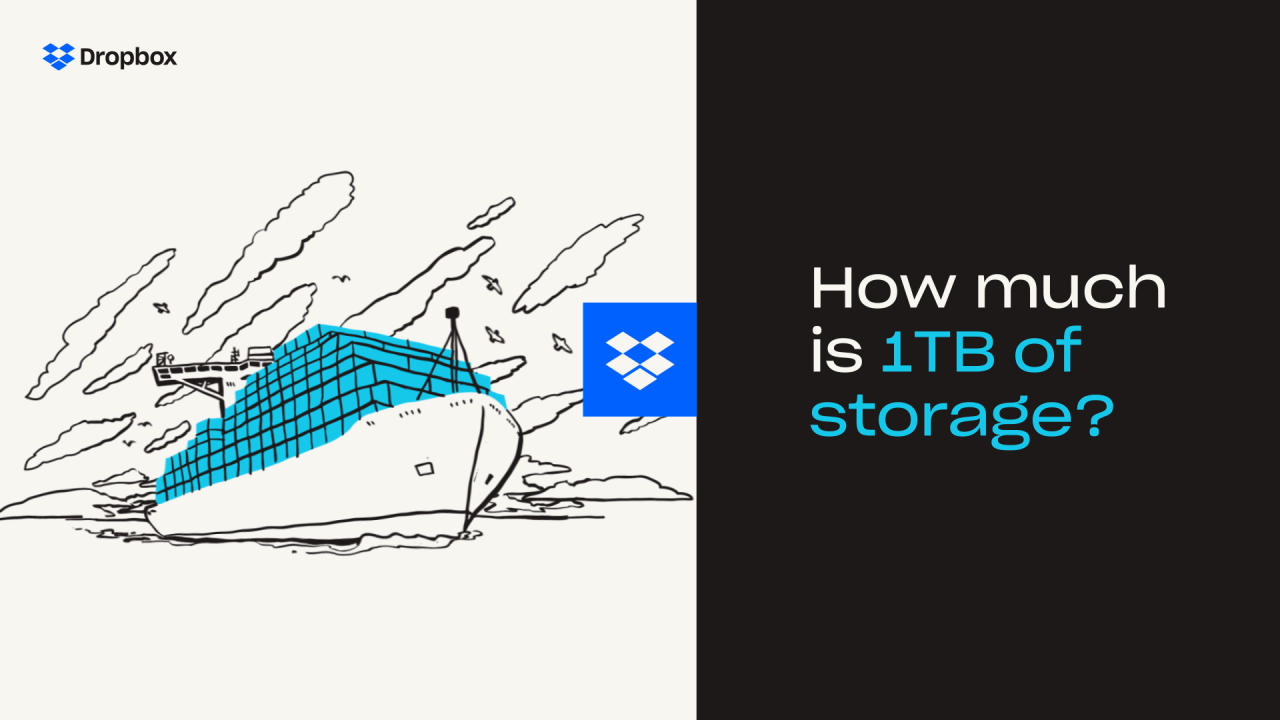Why compress video files?
Technology is a wonderful thing, but there are still some things that can make even the most tech-savvy person get a little anxious. Sharing high-quality videos between teams and clients can be frustrating since video files size are bulky at the best of times. Compressing your videos solves this problem.
What is video compression?
Video compression is a way of shrinking your video file size. Unfortunately, almost all file sharing methods, from email to instant messaging, have file size limits. That means your video won't fit into your message, or your recipient can look forward to a lengthy download period on their end. Essentially, compressing your video cuts a chunk off the size needed by your file. However, it usually means overall quality takes a hit. Depending on the original size, this quality loss may not be noticeable, but that all depends on how small you need your video file size.
How does video compression work?
Video compression occurs by removing repetitive images and sounds as determined by the codec algorithm. To the human eye, this loss is hardly noticeable. Think about how a Hollywood movie goes from cinema screen size to a DVD, playing on any home TV without lag. You'll only start to see compression wreak havoc on display quality if you want to shrink a file down to a tiny file size while maintaining resolution. This is when things start getting "pixely," "grainy," and generally not viewable.
How can I compress a video for sharing?
Most video editing programs, such as iMovie for Mac or Windows Video Editor for Windows, come with a built-in video compressor. Alternatively, you could send your video in a ZIP compressed file, but this will require your recipient to download it on their end.
These programs require you to open your video, usually by clicking "open" or "import." Then, exporting converts them to a new file type. Most video editing programs will let you choose your resulting file format, including MP4, AVI, MOV, and WMV. If the video is long, it will take a very long time to compress, so you can waste a lot of time if you export as the wrong file format. Alternatively, you can upload your uncompressed video into Dropbox and share without worrying about compression.
What's a byte?
A byte is a unit of measurement used for digital files. Generally, you'll see files measured in kilobytes, megabytes, gigabytes and terabytes:
- Kilo: 1024 bytes
- Mega: 1024 kilobytes
- Giga: 1024 megabytes
- Tera: 1024 gigabytes
So, essentially, if your file is in the gigabyte range, you'll want to get it down to the megabytes.

What's a codec?
Codecs are the code used to compress your video. They essentially shrink your file down for storage and then decompress them again when you're ready to view them. Codecs usually work automatically within the program of your choice, so you shouldn't need to worry about them. If you need to convert a video's codec, you can use transcoding software such as Handbrake. What you need to know is that, without codecs, your file size would be at least three to five times larger.
Sometimes you need to know which codec to choose, so it's helpful to know the following types of codec:
- MPEG: One of the most widely used codes, MPEG, and its derivatives, including MPEG-1 and MPEG-4, result in high-quality video playback even after compression.
- ProRes: A codec used in software such as Apple's iMovie, ProRes, as the name implies, gives fantastic color resolution.
- WMV: Microsoft claims WMV provides better quality than MPEG-4. If you are using video editing software in Windows, chances are this is the codec it will use.
Is AVI a video codec?
No, an AVI is a container that dictates your video's file extension. Containers are like envelopes that hold the codecs. So while an AVI and MP4, for example, are both file types/containers, they are not codecs in themselves. They do still make a difference, though. MP4s usually come up smaller than AVIs due to a better compression rate.
How big is a compressed video file?
The precise number of bytes needed for your file will depend on several factors, including:
Video formats
Video types can impact the overall size and quality. The following are all video file types:
- MP4
- AVI
- FLV
- MOV
- WMV
Without getting too complex, some file types offer better codecs, that is, the process used to compress your video. An MP4, for example, when converted to an FLV file, will be a larger file overall, as the codecs of an FLV are less efficient and result in less compression/file shrinkage.
Video length
A video of one minute will be smaller than a video of one hour. Still, your choice of file type can also impact the ratio between video length and file size.
Frame Rate
Frame rate or FPS (frame per second) affects video quality, with HD video using a minimum of 24 FPS. The more frames you have, the more detail you have, and the larger your file will become.
Video Resolution
A higher-resolution video has a larger display size and generally a larger file size. For example, if your video is 480p, it is designed to be a smaller overall display at 852x480 pixels. A 720p video enters the realms of HD at 1280x720.
For a 1-minute video:
- Ultra HD or 4K (3840x2160): 2 GB file size
- 2K resolution (2048x1080): 430 MB file size
- 1080p or Full HD (1920x1080): 403 MB file size
Dropbox simplifies video compression and sharing
Luckily, you don't need to worry too much about bytes and formats to send a long video with Dropbox successfully. Dropbox supports the following video file formats and will automatically compress them for viewing on your device, with the option to download them in full quality should you so wish:
- AVI
- MKV
- MP4
- MPG
- MOV
- WMV
- OGV
- 3GP
As long as your video's size is below 50 GB, the preview will display as a sleek video. You can send large video files from your smartphone (iOs or Android), desktop (Apple, Microsoft, or Linux), or tablet, shareable via a link added to an email, text, or chat. Your recipients don't even need a Dropbox account and can view the video without downloading them. Plus, there is no size limit on the video you can upload, so no panic about compressing and re-compressing your file.
Up your efficiency with Dropbox
Dropbox makes it effortless to share files securely in real-time. Give access to shared folders for instant sharing, without time-consuming downloading—you can send the sharing link to anyone, whether they have a Dropbox account or not. That means nothing can hold you back if you're working on a creative video project, sharing a presentation, or want to send a funny video to a friend.




